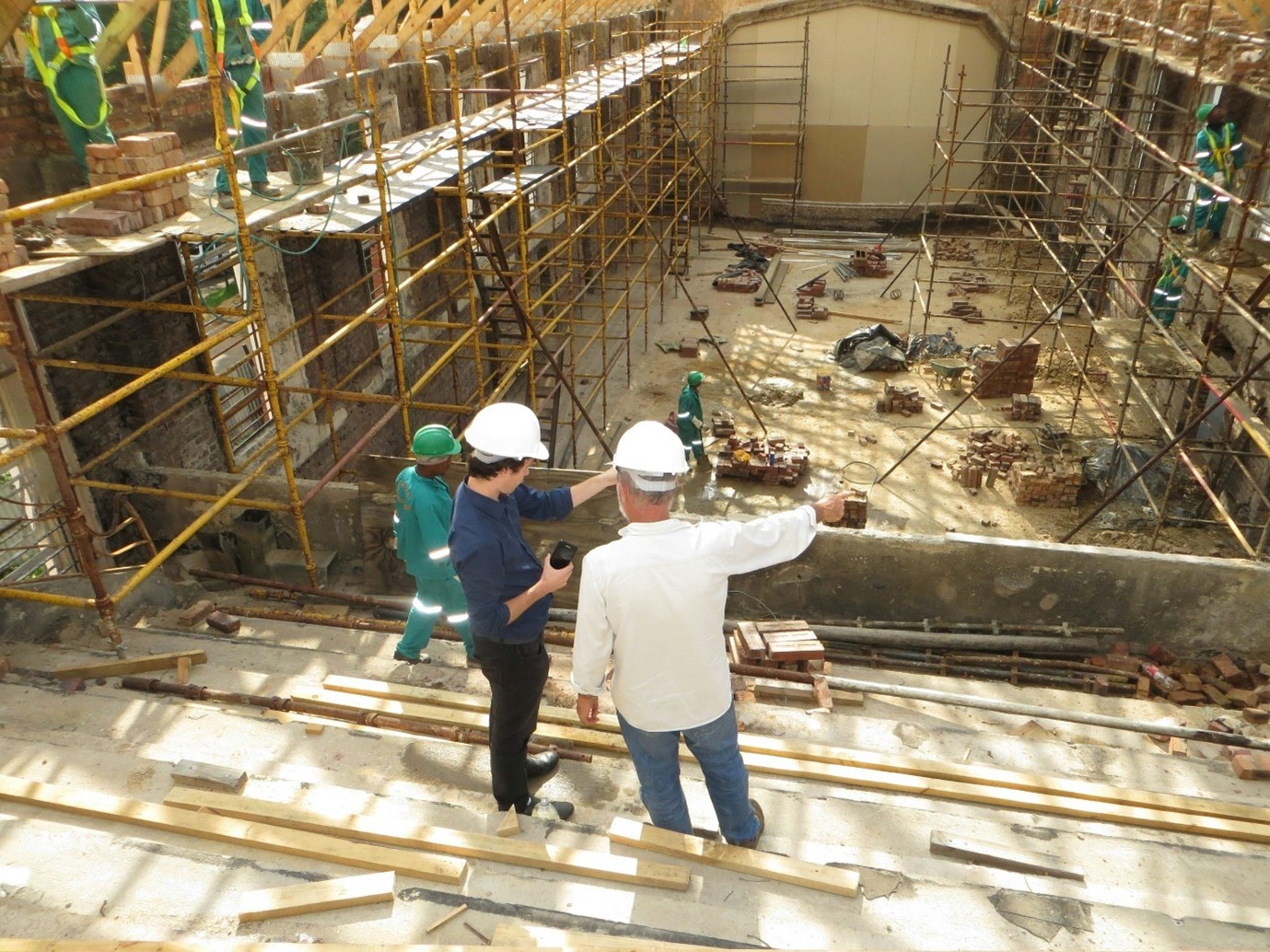
Superintendents (sometimes also referred to as Administrators) are a common and essential feature of large commercial construction projects, to help regulate performance and compliance. Tasked with managing the administration of construction contracts, they play a vital role in ensuring projects are delivered on time, within budget and to the required quality standards, and if not, are typically responsible for ensuring that an affected party is fairly compensated in accordance with the contract.
However, the superintendent’s dual role – acting as both an agent of the principal and an independent certifier – can often raises practical challenges due to the contradictory nature of the competing duties. Consequently, it is critical for both the Superintendent themselves and the parties to a contract to understand the separation of those duties. This ensures the Superintendent is not unduly influenced when administering the contract, as they are responsible for decisions that have immense implications for the project and can expose parties to substantial loss.
In this three-part series, we will explore:
- What a superintendent is and how they are appointed;
- The roles and responsibilities of a Superintendent; and
- The Superintendent’s duty of impartiality when assessing claims and the consequences of breaching such duty.
What is a Superintendent
A Superintendent is engaged to administer the contract and perform specific functions such as assessing payment claims, granting extensions of time or deciding variations. The superintendent is often conferred substantial, if not total, discretion in performing their duties. They are not themselves a party to the contract, but are engaged as an independent third party who agrees to be bound by any obligations under the contract.
Superintendents are not essential, particularly in respect of contracts for small scopes of works where their role may be effectively managed directly by the principal or a project manager. However, they are of greater utility on larger, more complex commercial projects, where their engagement is often a requirement to ensure effective delivery.
The nature of the project will often dictate the requisite expertise required for the appointment of the superintendent. For example, a large infrastructure project involving complex engineering works will likely require a superintendent with significant technical expertise and experience in related field, whereas a more straightforward commercial project may only necessitate a superintendent who is experienced in contract administration.
Principal’s Representative or Agent
It is common in most projects for a superintendent to also act as an agent or representative for the principal pursuant to the contract. The role of the principal’s agent is naturally broader than that of a superintendent as they serve to actively pursue the principal’s interests and objectives in capacities other than certifying claims. In contrast, the superintendent has more neutral obligations under the contract as they are required to exercise impartial judgment when assessing claims.
As such, there is an inherent conflict in the dual nature of this role. Balancing these roles requires strict adherence to the contractual terms and a deep understanding of the separation of these duties by all parties involved. We will explore this further in the coming weeks.
Appointment of a Superintendent
The superintendent is usually appointed by, and at the discretion of, the principal under the terms of the contract (see for example clause 20 of the AS4902-2000 Contract or clause 23 of the AS2124-1992). Where the principal appoints an external entity, the principal will need to engage the superintendent through a separate contract, usually by way of a form consultancy or services agreement.
Standard form contracts usually allow the principal to replace the superintendent during the life of the project by way of written notice. However, the contract will generally require that the principal ensure that a Superintendent is appointed at all times for the purposes of the contract.
Superintendent’s Representative
Particularly on large commercial projects, a Superintendent may appoint an individual (Superintendent’s Representative) to exercise their delegated functions under the contract generally provided that:
- the contractor is given written notice of the Superintendent Representatives appointment and termination;
- no aspect of any function shall at any one time be the subject of delegation to more than one Superintendent’s Representative; and
- the delegation does not prevent the Superintendent from exercising any of its functions.
This enhances the Superintendent’s capacity to manage the project effectively by providing additional support, expertise and oversight which is particularly valuable on large projects.
Next week, we will explore in more depth, the role and function of a Superintendent under a standard commercial contract in respect of acting as both an agent for the principal and independent certifier.
Lamont Project & Construction Lawyers
The Lamont Project & Construction Lawyers team has extensive knowledge around the appointment and role of Superintendent’s on large commercial projects. With this knowledge and expertise, Lamont Project & Construction Lawyers can provide support and advise on the functions of a Superintendent in administering a commercial contract, and relevant contractual drafting which may be required to give effect to such.
If you would like to discuss any matters raised in this article as it relates to your specific circumstances, please contact Lamont Project & Construction Lawyers.
The content of this article is for information purposes only and does not discuss every important topic or matter of law, and it is not to be relied upon as legal advice. Specialist advice should be sought regarding your specific circumstances.
Contact: Peter Lamont or Kathryn Easton
Email: [email protected] or [email protected]
Phone: (07) 3248 8500
Address: Suite 2, Level 2, 349 Coronation Drive, Milton Qld 4064
Postal Address: PO Box 1133, Milton Qld 4064
